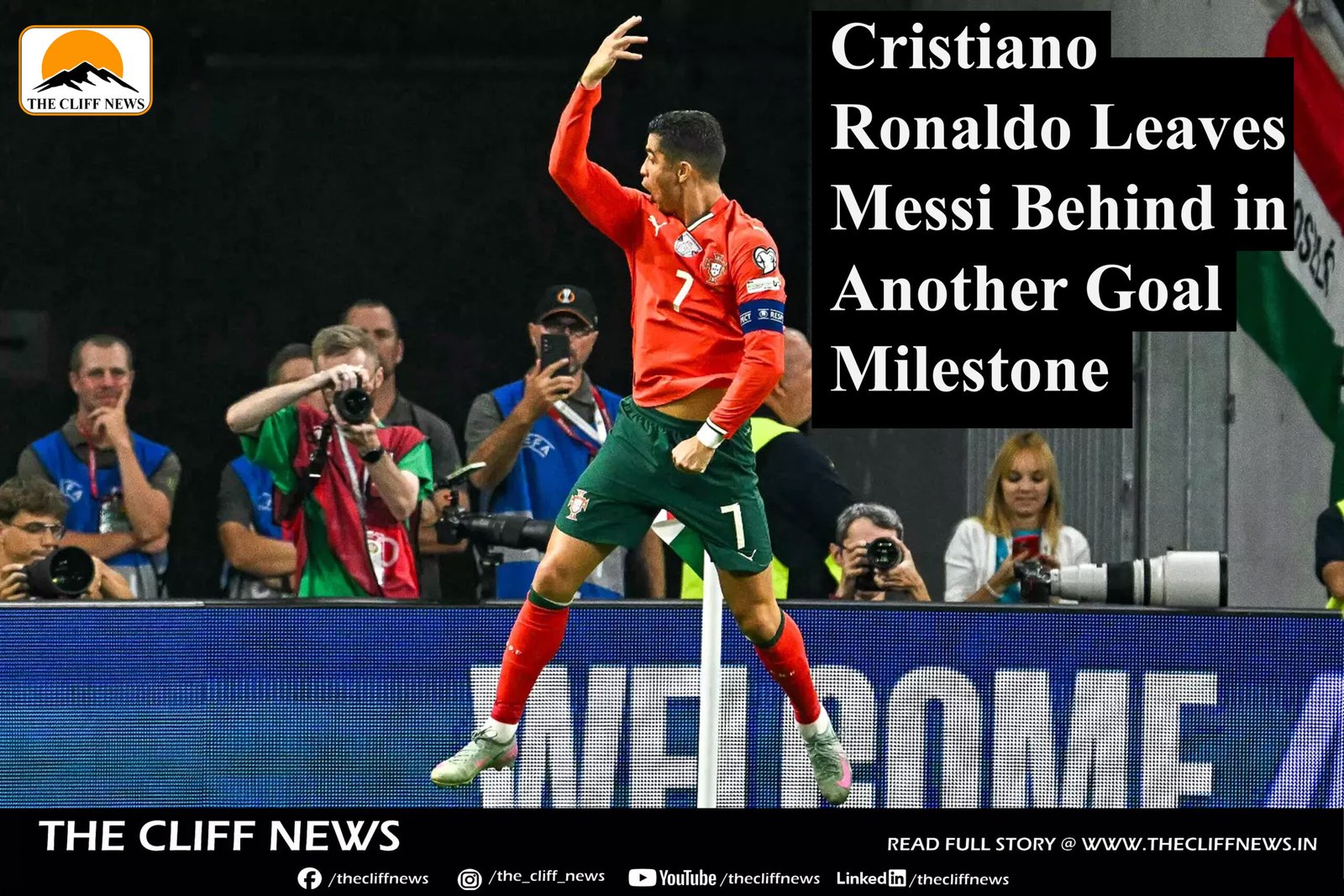Iran, along with France, Germany, and the United Kingdom, is set to hold critical nuclear talks in Istanbul on Friday. The discussions come in the wake of renewed pressure from the three European countries—collectively known as the E3—who have warned that a failure to resume meaningful negotiations could lead to the reimposition of United Nations sanctions on Tehran by the end of August.
These talks will be held at the deputy foreign minister level, as confirmed by Iranian Ministry of Foreign Affairs spokesperson Esmaeil Baghaei. This marks the first formal engagement since the E3 and the European Union’s foreign policy chief held a joint call with Iranian Foreign Minister Abbas Araghchi on Thursday. The dialogue follows a volatile period triggered by joint attacks on Iranian nuclear facilities by Israel and the United States a month ago.
The 2015 nuclear deal, known as the Joint Comprehensive Plan of Action (JCPOA), originally involved Iran and six world powers—China, France, Germany, Russia, the UK, and the US. The agreement provided Iran with sanctions relief in return for strict limitations on its nuclear activities. However, the US unilaterally withdrew from the accord in 2018 under President Donald Trump, escalating tensions.
Since then, diplomatic efforts have been ongoing, with five rounds of US-Iran talks previously held in Oman, though those discussions hit roadblocks over issues like Iran’s uranium enrichment levels. Western powers have insisted that Iran reduce its enrichment activities to near zero to avoid the risk of weaponisation, a demand Tehran continues to resist, insisting its nuclear programme is purely for civilian purposes.
The latest round of talks comes after the Israeli-American offensive killed senior Iranian military officials, nuclear scientists, and hundreds of civilians. The US later claimed to have “obliterated” three major Iranian nuclear sites. A ceasefire between Iran and Israel took effect on June 24.
Iran has accused the US of complicity in the Israeli strikes and has warned the E3 against resorting to pressure tactics. “If EU/E3 want to have a role, they should act responsibly and put aside the worn-out policies of threat and pressure, including the ‘snap-back’ for which they lack absolutely moral and legal ground,” Araghchi said last week.
As international attention turns to Istanbul, the outcome of these talks could determine whether diplomacy is restored—or whether another chapter of sanctions and hostilities awaits.



